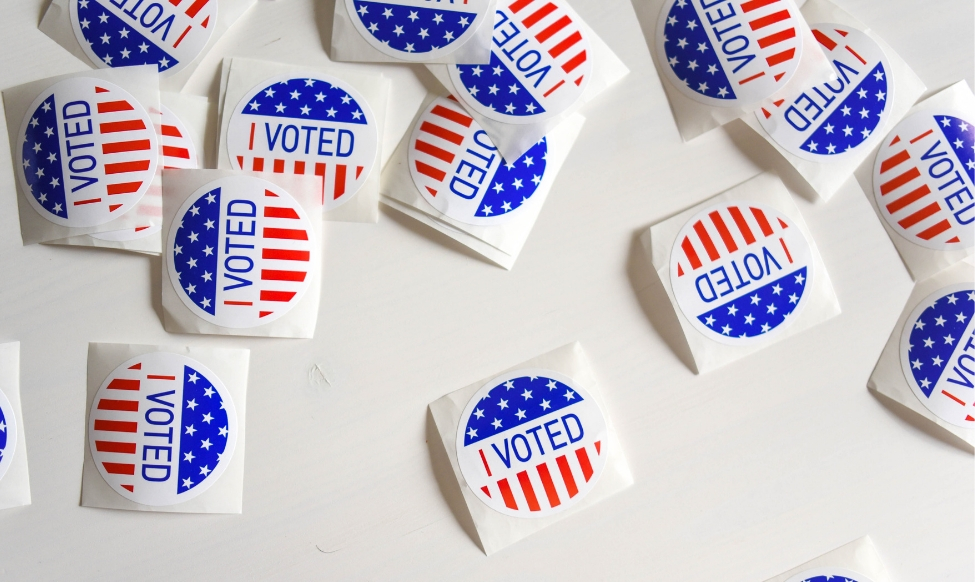By Christine Malafi
The Internet has become a necessity for the marketing and promotion of businesses, services, and merchandise. An evolving legal issue is website accessibility for those with disabilities and the applicability of Title III of the Americans with Disabilities Act (“ADA”). Accessibility of public websites and compliance with the ADA in connection with public websites may cause issues for some time to come, especially given the lack of governmental regulations and guidance in this area. Nevertheless, it’s important for businesses to know where the law currently stands, as well as any potential liabilities which may arise from a failure to be in compliance.
The rise in legal cases brought on by allegations of the failure to provide ADA accessibility for websites has risen drastically. So far in 2019, over 350 New York area businesses have been impacted. Additionally, from 2017 to 2018, ADA website lawsuits increased a staggering 177%, rising from 814 in 2017 to 2,258 in 2018. It was New York State that led the nation in this increase, with 1,564 ADA website lawsuits made in New York during 2018.
The purpose of the ADA is to provide equal opportunity to individuals with disabilities, as well as to stimulate business by increasing the purchasing power of those with disabilities. Title III of the ADA specifically prohibits discrimination of individuals with disabilities “in the full and equal enjoyment of the goods, services, facilities, privileges, advantages, or accommodations of any place of public accommodation by any person who owns, leases (or leases to), or operates a place of public accommodation.” While the ADA is silent on the specific issue of website accessibility, case law has made it clear that the ADA applies to public websites, and businesses must accommodate individuals with disabilities and make their websites ADA accessible. Yet the extent to which websites must be made accessible has not been definitively determined. In December 2015, the Department of Justice (“DOJ”) announced that it would issue private sector website ADA accessibility regulations during fiscal year 2018. However, a 2018 Presidential Executive Order cut regulatory resources and subsequently froze the DOJ’s public accommodations website rulemaking, leaving many businesses unsure what the regulations will be. Questions remain as to whether all websites fall under the ADA and whether a website must also be tied to a physical location before it falls under the ADA, among others. However, recent Court decisions may help to shed some light on a company’s responsibilities.
In Robles v. Domino’s Pizza, LLC, 913 F.3d 898 (2019), the 9th Circuit Court of Appeals decided that the ADA applied to Domino’s Pizza’s website, that they had received fair notice they were not in compliance with the ADA, and that due process did not require the DOJ to issue specific guidelines for ADA compliance for Domino’s to be liable for failure to comply. In this specific case, the Plaintiff was unable to order online using the Domino’s website due to inaccessibility for screen readers, although a live person was available by phone to assist in the placement of an order; but, since the website facilitated access to a place of public accommodation, Domino’s was required to follow ADA guidelines. The 9th Circuit further stated that both websites and mobile applications had to satisfy a business’s obligations under the ADA. This case is significant because the Court considered, but rejected, the defense that the alternate option of a telephone hotline was sufficient to satisfy a company’s obligations under the ADA.
The 9th Circuit took a stricter position on the application of ADA guidelines to a website or mobile app, which is tied to a physical location, than the more expansive positions taken by Courts in Massachusetts, New York, and Vermont, holding that as a “place of public accommodation,” the alleged inaccessibility of Domino’s website and mobile app unlawfully prevented customers from accessing goods and/or services at their physical locations. This decision reversed the district court’s dismissal of the lawsuit and, although considered an outlier among similar Court decisions, could set precedent in determining similar lawsuits in the future.
Therefore, in the continued absence of DOJ regulations, and in light of the 9th Circuit’s decision, what should businesses do? Many settlements approved by the DOJ have implemented the World Wide Web Consortium’s Web Content Accessibility Guidelines 2.0 (WCAG) on how to make a website more accessible. At the most basic level, an ADA accessible website should provide these (and other) types of features:
- Text alternatives for any
non-text content; - Alternatives for time-based
media; - Content that can be presented
in different ways (for example simpler layout) without losing information
or structure; - Be easy to see and hear,
including separating foreground from background; - Permit all functionality from a
keyboard if needed (as opposed to a cursor); - Permit sufficient time to read
and use content; - Not be designed in a way that
is known to cause seizures or physical reactions; - Include ways to help users
navigate, find content, and determine where they are; - Allow users to operate
functionality through various inputs beyond the keyboard; - Provide text content that is
readable and understandable; - Have web pages operate and
appear in predictable ways; - Help users avoid and correct
mistakes; and - Maximize compatibility with
current and future user agents, including assistive web technologies.
The best option for business owners to not fall victim to a successful Title III suit is to comply with these WCAG guidelines.
However, it may not always be deemed “reasonable” for businesses to create a fully ADA compliant website. As is stated in the ADA: “A public accommodation shall make reasonable modifications in policies, practices, or procedures, when the modifications are necessary to afford goods, services, facilities, privileges, advantages, or accommodations to individuals with disabilities, unless the public accommodation can demonstrate that making the modifications would fundamentally alter the nature of the goods, services, facilities, privileges, advantages, or accommodations. “ 28 C.F.R. § 36.302 (2012).
If making your website fully compliant with the WCAG is too costly for your company, other options may be available. Although New York courts have yet to address this specific issue, others have. In National Federation of the Blind v. Target Corp., Target was sued because its website did not enable visually impaired persons to directly purchase products, redeem gift cards, or find stores. The court ruled against Target, as Target failed to show that the information on its website was available in another reasonable format. The court acknowledged ADA defines discrimination to include a failure to take such steps “as may be necessary to ensure that no individual with a disability is excluded, denied services, segregated or otherwise treated differently than other individuals because of the absence of auxiliary aids and services, unless the entity can demonstrate that taking such steps would fundamentally alter the nature of the goods, service, facility, privilege, advantage, or accommodation being offered or would result in an undue burden.” 42 U.S.C.S. § 12182(b)(2)(A)(iii). The court specifically noted the following examples of accessibility: “if a menu cannot be read by a blind person, the restaurant need not make the menu available in Braille; the restaurant could ensure that waiters are available to explain the menu”; and “while a bookstore must ensure that it communicates with its customers in formats which accommodate the disabled, a bookstore is not required to stock books in Braille.” Courts therefore recognize that there may be significant limitations on the possibility of making a website completely or fully ADA accessible.
The Court in Robles v. Domino’s Pizza, LLC, held that an alternative means of access to a website has to be proven sufficient and effective in assisting customers who are disabled. This could prove to be a costlier endeavor than making the website itself accessible, and businesses should take this into consideration when they are deciding how best to make their websites compliant with ADA guidelines.
Absent further guidance, businesses and individuals with public business websites are urged to ensure accessibility. At CMM, we are available to assist and guide you on this issue.










